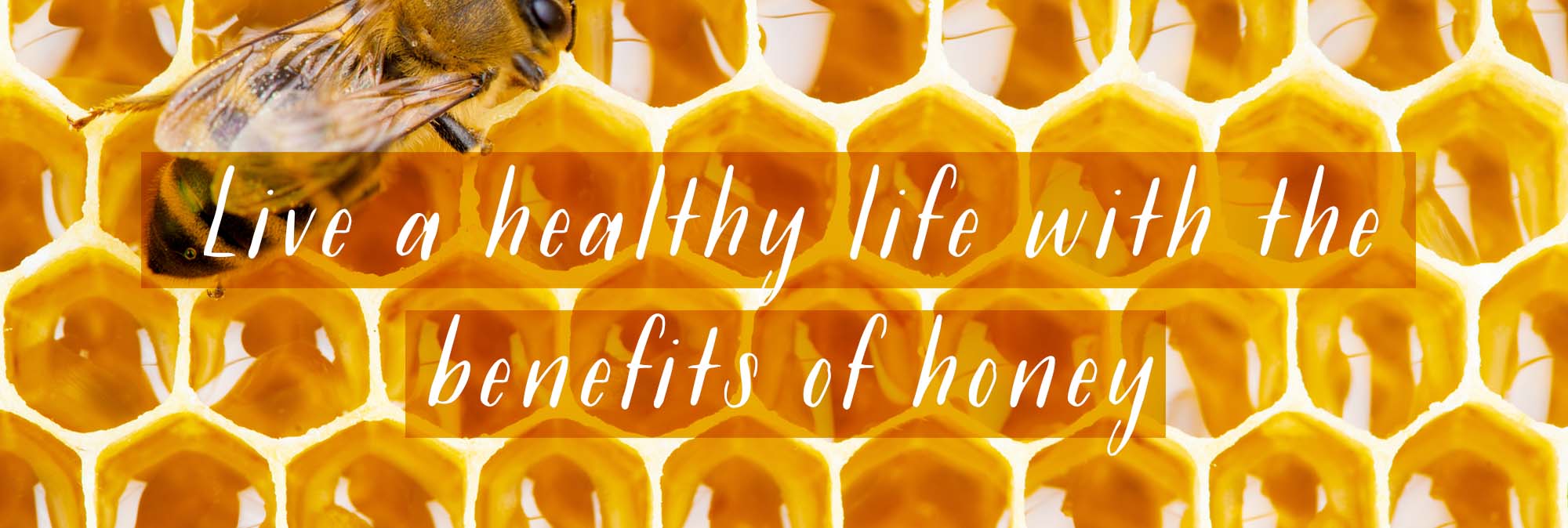Are you a fan of drizzling honey over your yogurt or toast in the morning? While it may sweeten up your breakfast, have you ever wondered what impact it could have on your teeth? Honey has been praised for its health benefits, but is it good or bad for our dental health? In this blog post, we’ll explore the effects of honey on tooth decay and enamel erosion and provide tips on how to safely consume this natural sweetener without harming our pearly whites. So grab a cup of tea and keep reading to find out if honey is a friend or foe to your teeth!
Honey is a Wonder Substance Which Can Last For Thousands of Years
Honey is a natural wonder substance that has been used for centuries as both a food and a medicine. Its unique properties allow it to last for long periods of time without spoiling. In fact, honey found in ancient Egyptian tombs was still edible!
While honey may be good for your overall health, it is not necessarily good for your teeth. The high sugar content in honey can lead to tooth decay. However, the antibacterial properties of honey may help to protect your teeth from cavities and gum disease.
Honey is More Natural Than Processed Sugar
Honey is a natural sweetener made by bees from the nectar of flowers. It has been used as a sweetener for centuries and is thought to be healthier than processed sugar. Honey contains vitamins, minerals, and antioxidants that may help protect against some diseases. However, honey also contains sugar and can cause tooth decay if not eaten in moderation.
Honey Has Anti-Bacterial Properties
Honey is a natural antibacterial agent. It contains hydrogen peroxide, which is an effective disinfectant. When applied to the teeth and gums, honey can help to kill harmful bacteria and prevent the growth of plaque. Honey also has anti-inflammatory properties, which can help to reduce swelling and pain in the gums.
Sugar Damages Your Teeth Leading To Oral Caries
When it comes to sugar and teeth, there’s no such thing as a free lunch. Sure, honey may be a “natural” sweetener, but that doesn’t mean it’s good for your teeth. In fact, honey can damage your teeth in the same way that other sugary foods can.
When you eat sugary foods, the bacteria in your mouth feed on the sugars and produce acids. These acids then attack your tooth enamel, leading to cavities. And while honey may be “natural,” it is still full of sugar. So if you eat too much of it, you could end up with cavities.
To protect your teeth from cavities, be sure to brush and floss regularly. And when you do eat sugary foods, be sure to rinse your mouth out with water afterwards. This will help remove the sugars from your teeth and reduce your risk of cavities.
Do Beekeepers Visit The Dentist Often?
There’s no need for beekeepers to visit the dentist more often than anyone else. In fact, honey may actually be good for your teeth!
Will Honey Rot Your Teeth?
Most people think that honey is good for you, but did you know that it can actually rot your teeth? That’s right, the sugar in honey can cause cavities and other problems with your teeth.
If you eat a lot of honey, or if you eat it often, then you are at a higher risk for developing cavities. The sugar in honey can stick to your teeth and cause decay. When decay starts, it can lead to a cavity. A cavity is a hole in your tooth that can become infected. If an infection goes untreated, it can lead to other serious health problems.
To avoid cavities and other problems with your teeth, be sure to brush and floss regularly. And if you do eat honey, be sure to rinse your mouth out afterwards.
Is Honey Good For Teeth and Gums?
When it comes to honey and your teeth, there are conflicting opinions. Some people believe that honey is good for your teeth and gums because of its antibacterial properties, while others believe that honey can actually damage your teeth.
So, what’s the truth? Is honey good or bad for your teeth?
The answer may surprise you…
Honey is actually good for your teeth!
That’s right, honey can help to improve your oral health thanks to its antibacterial properties. Honey can help to kill bacteria in your mouth and also reduce inflammation. Additionally, honey can help to promote healing and prevent infection.
Oral Health and Honey: Ask Your Dentist
While honey has many benefits for overall health, you may be wondering if it’s good or bad for your teeth. The answer depends on how you use it.
If you eat honey as part of a balanced diet, it can actually help reduce cavities and promote oral health. This is because honey contains natural sugars that help fight harmful bacteria in the mouth. However, eating too much honey can increase your risk of tooth decay.
When applied to the surface of the teeth, honey can also help reduce inflammation and kill bacteria. This makes it an effective natural remedy for gingivitis and other forms of gum disease. Just be sure to brush your teeth afterwards to remove any sticky residue.
If you have questions about using honey for oral health, talk to your dentist. They can give you specific advice based on your individual needs.


